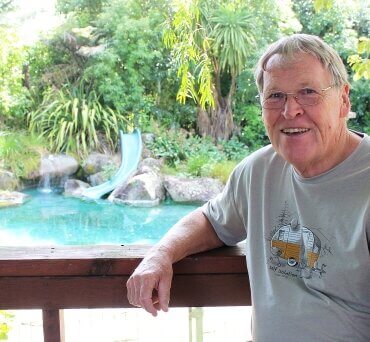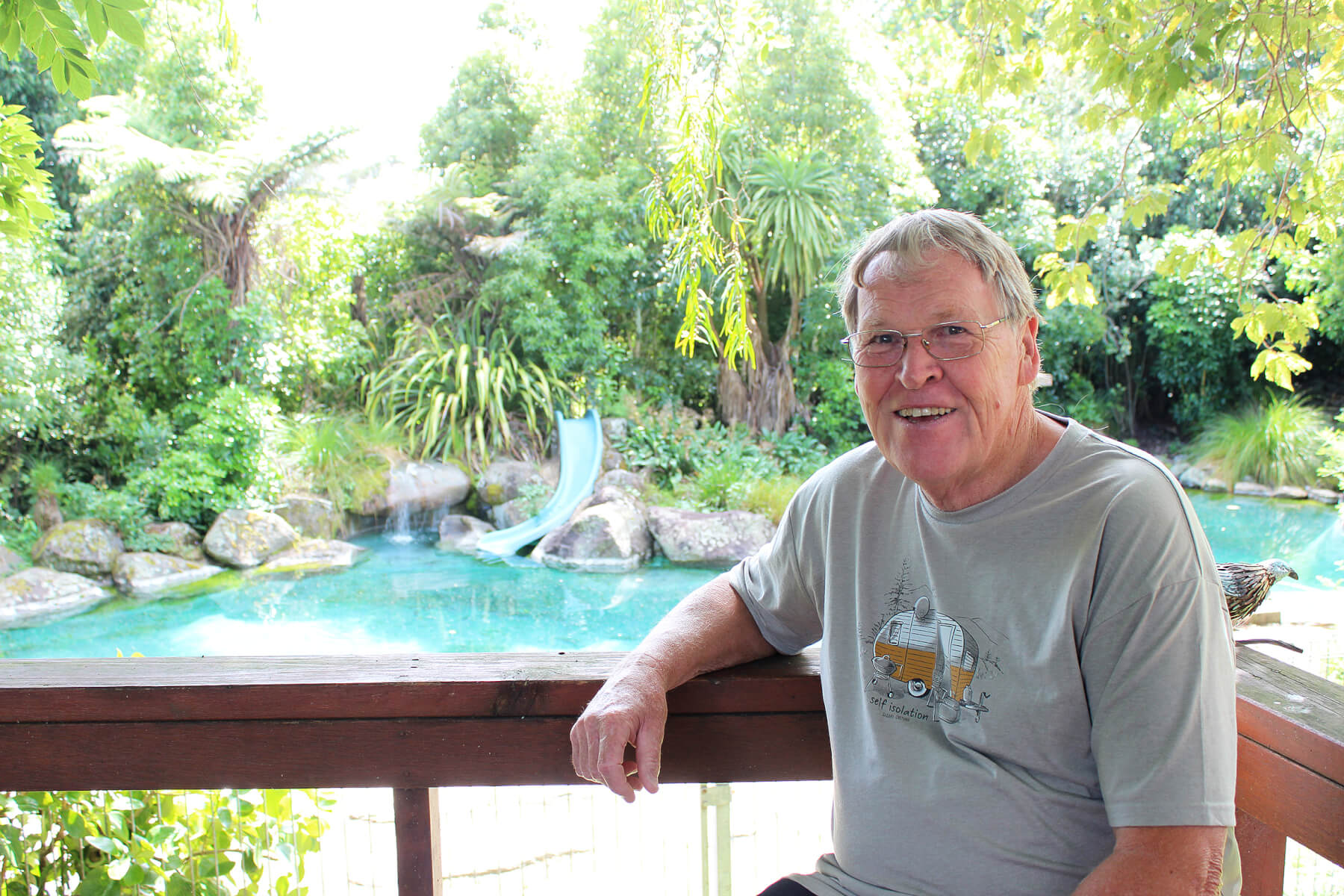
What’s it like when voters boot you out of office and you have hours to clean out your desk? Roy Pilott talks to former mayor Jim Mylchreest about life after politics.
Jim Mylchreest says central government must address issues with local government – and he’s highlighted remuneration as a key one.
Mylchreest served nine years as Waipā mayor, effectively a full-time job with evening commitments added.
“Without another income you couldn’t afford to do the job,” he said.
“Central government politicians get superannuation, local government politicians can’t get Kiwisave.
“Central Government politicians who get voted out or decide to leave get three months’ notice, in local government you only get half the month you were working and it’s just cut off dead.”
He said younger politicians in local government will serve a term – “then they say, look we are in our principal money earning years, we can’t afford to do this for our family where it’s impacting on our superannuation.”
Mylchreest says an indication of the poor remuneration is that many people who run for council waited until they are retired and are receiving a pension.
“I think they probably need to reduce the number of councillors and pay them a more realistic remuneration for the amount of work they are doing – and really follow what central government politicians get.”

Jim Mylchreest has enjoyed have the grandchildren over – and being able to spend as much time with them as he likes.
He “absolutely” agreed that the present remuneration impacted on the quality of local body councillors.
Local government was a good system.
“In fact, local government is the only democratic governance we’ve got – 40 per cent of central government MPs are appointed and they never face the electorate.”
He thought the country was getting “off track” with co-governance.
“We need to be talking good governance and not co-governance in my view.”
He believed the council should spend more time working with central government – “but at least standing up to them when they are making stupid decisions that are not based on fact”.
Three Waters was a classic example, he said. Waipā had forgone a lot of community development to invest in its own three waters – “and now it’s going to be expected to fund other areas which have not bitten the bullet”.
He said central government should call local body councils to account where they were not performing, but disagreed with a blanket approach.
He argued people came to Waipā because of the level of services the district have.
His other gripe was that local government was hamstrung on how it raised finances – “and the moment rates go up central government is criticising”.
“Yet look at the percentage of gross domestic product over the last 100 years – rates impact is just about level at five per cent and central government taxes had grown exponentially.”
Councils were criticised for trying to manage on a rate base when they had no other sources of income – and he believed those councils should receive finding from other quarters.
“Even if it was GST on development contributions… around Waipā I wouldn’t imagine there’s a section for less than $350,000 – and out of that the government creams $50,000 in GST and none of it comes back to the community.”









